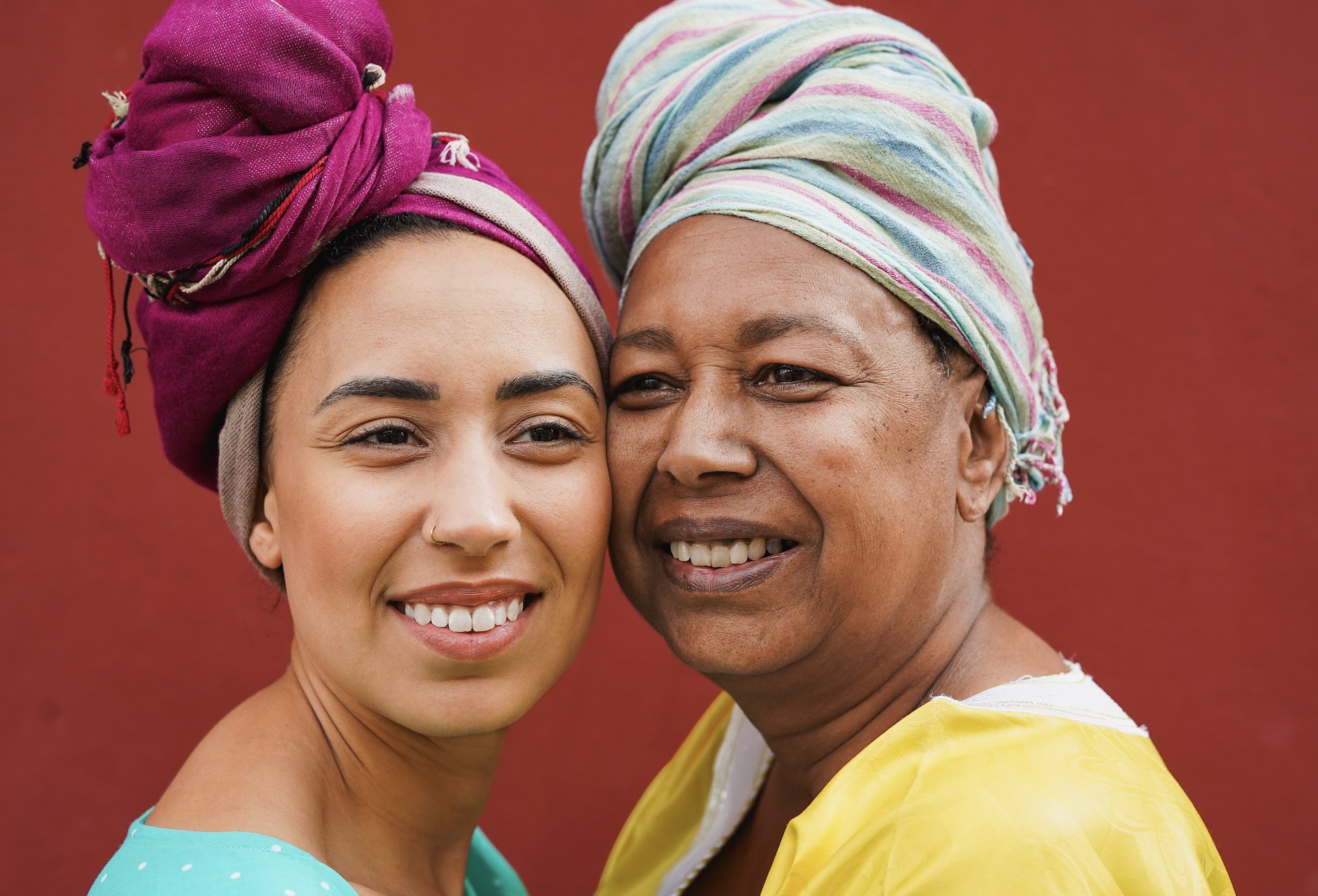Laws that protect citizens from human rights violations in South Africa

Laws that protect citizens from human rights violations in South Africa:
In South Africa, the primary laws that protect citizens from human rights violations are:
- The Constitution of the Republic of South Africa, 1996: Specifically, the Bill of Rights within the Constitution safeguards various fundamental rights.
- The Promotion of Equality and Prevention of Unfair Discrimination Act, 2000 (PEPUDA): Addresses discrimination and enforces equality.
- The Protection of Personal Information Act, 2013 (POPIA): Protects the privacy of personal information to prevent misuse.
- Criminal Law (Sexual Offences and Related Matters) Amendment Act, 2007: Enhances the justice system’s ability to deal with sexual offenses effectively.
- The Basic Conditions of Employment Act, 1997: Protects workers from unfair labor practices.
In South Africa, the protection of human rights is primarily underpinned by the Constitution of the Republic of South Africa, 1996, which is regarded as one of the most progressive constitutions in the world. Here are some of the key laws and mechanisms in place to protect citizens from human rights violations:
- The Bill of Rights: This is a cornerstone of democracy in South Africa, enshrined in Chapter 2 of the Constitution. It ensures the rights of all people in the country and affirms the democratic values of human dignity, equality, and freedom. The Bill of Rights includes the right to equality, freedom of expression, access to information, and rights regarding arrest and detention.
- The Promotion of Equality and Prevention of Unfair Discrimination Act, 2000 (PEPUDA): This act strengthens the provisions of the Constitution by providing practical avenues to fight discrimination. It ensures that individuals can seek redress against discrimination and harassment in both public and private sectors.
- The South African Human Rights Commission (SAHRC): Established by the Constitution to support constitutional democracy, it is tasked with monitoring, both proactively and by the handling of complaints, violations of human rights and seeking redress for such violations.
- The Protection of Personal Information Act, 2013 (POPIA): This act is designed to protect individuals from violations related to the handling of their personal information, ensuring privacy and limiting abusive practices in the collection and management of personal data.
These laws are designed to ensure that human rights are respected and that citizens have mechanisms through which they can seek protection and redress in case of violations.
Why protect citizens from human rights violations in South Africa?
The laws protecting human rights in South Africa have been implemented for several important reasons:
- To Redress Past Injustices: South Africa’s history, particularly during the apartheid era, was marked by severe human rights violations, including systematic discrimination, violence, and disenfranchisement based on race. Post-apartheid, it was essential to establish a legal framework that would prevent such abuses from recurring and to promote equality and justice for all citizens.
- To Establish a Fair and Just Society: The Constitution and subsequent laws aim to create a society where all individuals are treated with dignity and respect, regardless of their background. This legal framework helps to ensure that everyone has equal access to opportunities and protection under the law.
- To Strengthen Democracy: Protecting human rights is fundamental to strengthening and maintaining a democratic system. These laws help ensure that the government and other entities are accountable to the people, fostering transparency and trust in public institutions.
- To Promote Social Cohesion and Stability: By ensuring that all groups in society feel respected and protected, these laws help to promote social cohesion and reduce conflict. This is particularly important in a diverse country like South Africa, where disparities and historical grievances can lead to tension.
- To Comply with International Standards: South Africa is a signatory to various international treaties and conventions on human rights. Adopting comprehensive human rights laws helps to ensure that the country meets its international obligations and maintains its standing in the global community.
Overall, these laws are crucial for safeguarding the rights of individuals and promoting a stable, inclusive, and democratic society in South Africa.
